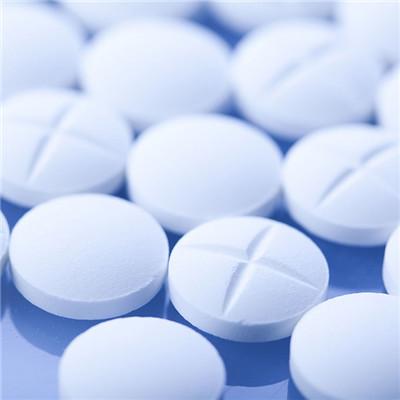What reason is myocardial infarction come on commonly
summary
If there is something wrong with your health, it is necessary to understand the situation first. Myocardial infarction is a kind of myocardial ischemic disease. When the blood supply of coronary artery is sharply reduced or interrupted, the corresponding myocardial ischemia and hypoxia leads to necrosis. It is often accompanied by persistent severe pain and fever behind the sternum. Patients often show restlessness, chest tightness, sense of dying, but also accompanied by arrhythmia, shock or heart failure. The prognosis of myocardial infarction is closely related to the size, location and collateral circulation of the infarction. In recent years, the incidence rate of myocardial infarction has gradually increased, and it is getting younger and younger.
What reason is myocardial infarction come on commonly
First, the basic cause of myocardial infarction is coronary atherosclerosis, which causes coronary artery stenosis and myocardial blood supply insufficiency. When collateral circulation is not fully established, myocardial infarction can occur once the blood supply is interrupted to a certain time when stimulated by the outside world.
Second: myocardial infarction can be induced by the increase of myocardial oxygen consumption after heavy physical work, or the obvious aggravation of left ventricular load caused by excessive emotional excitement and sharp rise of blood pressure. In addition, forced defecation is also a cause that can not be ignored. After a full meal, eating too much fat, increased blood lipids, increased blood viscosity will also induce coronary artery embolism.
Third: myocardial infarction occurs from 6:00 a.m. to noon, mainly because the sympathetic nerve is excited and the stress response is strong. In addition, myocardial infarction can also occur when cardiac output is reduced and coronary perfusion is sharply reduced due to shock, dehydration and massive hemorrhage.
matters needing attention
A few days before myocardial infarction, patients generally have discomfort, fatigue, chest discomfort, palpitation, chest tightness, irritability and other symptoms during activities. Patients with coronary atherosclerosis should be paid enough attention to.











